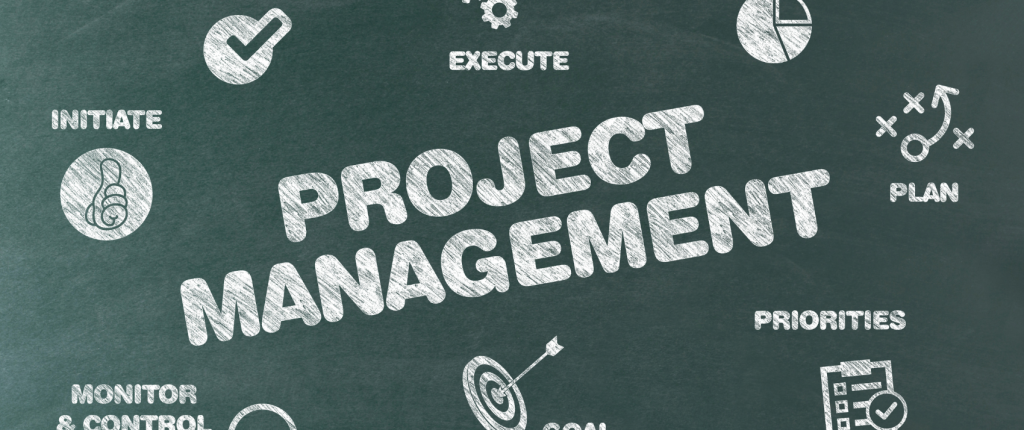Wisdom arises from the accumulation of patterns of experience, an understanding of the variety and complexity of human experience and the ability to apply this wider context to a given situation.
Our world keeps changing and demanding. What we did well last year will hold us back next year. The marketplace scorns complacency and dependence in this environment, we cannot wait for permission from others, we must act, based not just on our understanding of the current matter, but drawing on our deep past experience.
Jeste and Lee [2019] surveyed recent academic literature on wisdom. As part of their study, they convened a panel of experts and asked them for further comments on the trends and patterns emerging from the literature. They produced a list of six characteristics that combine to make up wisdom.
The list includes:
- General knowledge of life and social decision making – an understanding of the way life and social interactions come about.
- Emotional regulation – an ability to manage emotions and their impact on others, often referred to as EQ.
- Prosocial behaviours like compassion and empathy – they care about their teams and people at large.
- Insight or self-reflection – they can stand back from themselves and view their actions and attitudes objectively.
- Acceptance of different value systems – they are tolerant of people who are different from themselves.
- Decisiveness – they can sum up a situation and take action.
Our wisdom is rooted in our vulnerability to know what we think and to stand behind it and for it. It requires us to respond to what we believe about ourselves and the world of our experience.
It is helpful to think about the wise people who have come into our lives. A grandparent, a boss who really understood you. An acquaintance who touched your life with a single comment. And the mark they left on you was not just in solving a problem or being technically competent. They connected with you at a deep human level. There was an acknowledgement that they too had passed by a matter very like the one you were then confronting. And they left you with the certain inspiration that you too would rise above the challenge.
Wisdom must be earned. It is the companion of those whose lives have been filled with conflict and hardship. Building wisdom is a process of refinement, of scraping off the petty dross until the noble metal is revealed.
Trust your wisdom as it grows and unfolds. It is the compassionate answer to a troubled co-worker. It is the small but strident ethical voice that warns you against taking a foolish decision. Wisdom will give you a unique insight into the bigger picture, as well as the nuances of intimate detail. Wisdom will empower you to stand up in a room full of powerful people and disagree with your conscience. Wisdom allows you to see beyond the tribulations of now to the solace of the yet-to-be.
Here are some prompts to carry with you on your journey into wisdom.
1. Think before you speak
Hold back, reflect, and consider how others might receive your contribution. Put everything into perspective, and review the facts, not the assumptions
2. There is never a ‘right time’
There is never a right time to introduce a new system or confront an underperforming employee. Action is the companion of wisdom. Do it now.
3. Balance your self-interest with the collective good
It’s not all about you, but it is also not all about the others. Find the happy fulcrum point, that is part of what it means to be growing in wisdom. Balance what you want with what is best for others.
4. Don’t accept the status quo
Just because everyone does something doesn’t mean you have to. Step back from the crowd and observe. Ask why they are doing this. And ask yourself if you truly want to do it. Think for yourself. That little voice again.
5. Keep your power
Don’t let other people’s anger or bad attitude poison your world. You are the one who decides what thoughts and feelings you want to harbour. Own your power and keep your happiness by not allowing negative thoughts to live in your head.
6. Don’t judge – try to understand
Wise people don’t judge. They practice empathy. Empathy means putting yourself in another person’s position and seeing the situation from their perspective.
7. Think positive thoughts
A lot is going on in your head. And every now and then a negative thought arrives and makes itself at home. Put it out of your mind. Use compartmentalisation, mindfulness, or physical exercise. Your mind belongs to you, not to the negativity of others.
8. Read a lot and read widely
Books are power food for your brain (in digital or hard copy form). Leave out browsing casual online news and content. We are talking about anything, from history to economics, to psychology. We all need to be intellectually challenged. That doesn’t happen a lot at our work or in social interactions. And it certainly doesn’t happen when we’re consuming entertainment content.
The best way to acquire knowledge is to read a book or take a course. Learn about a variety of different matters. It will stretch your mind. Confront your prejudices.









